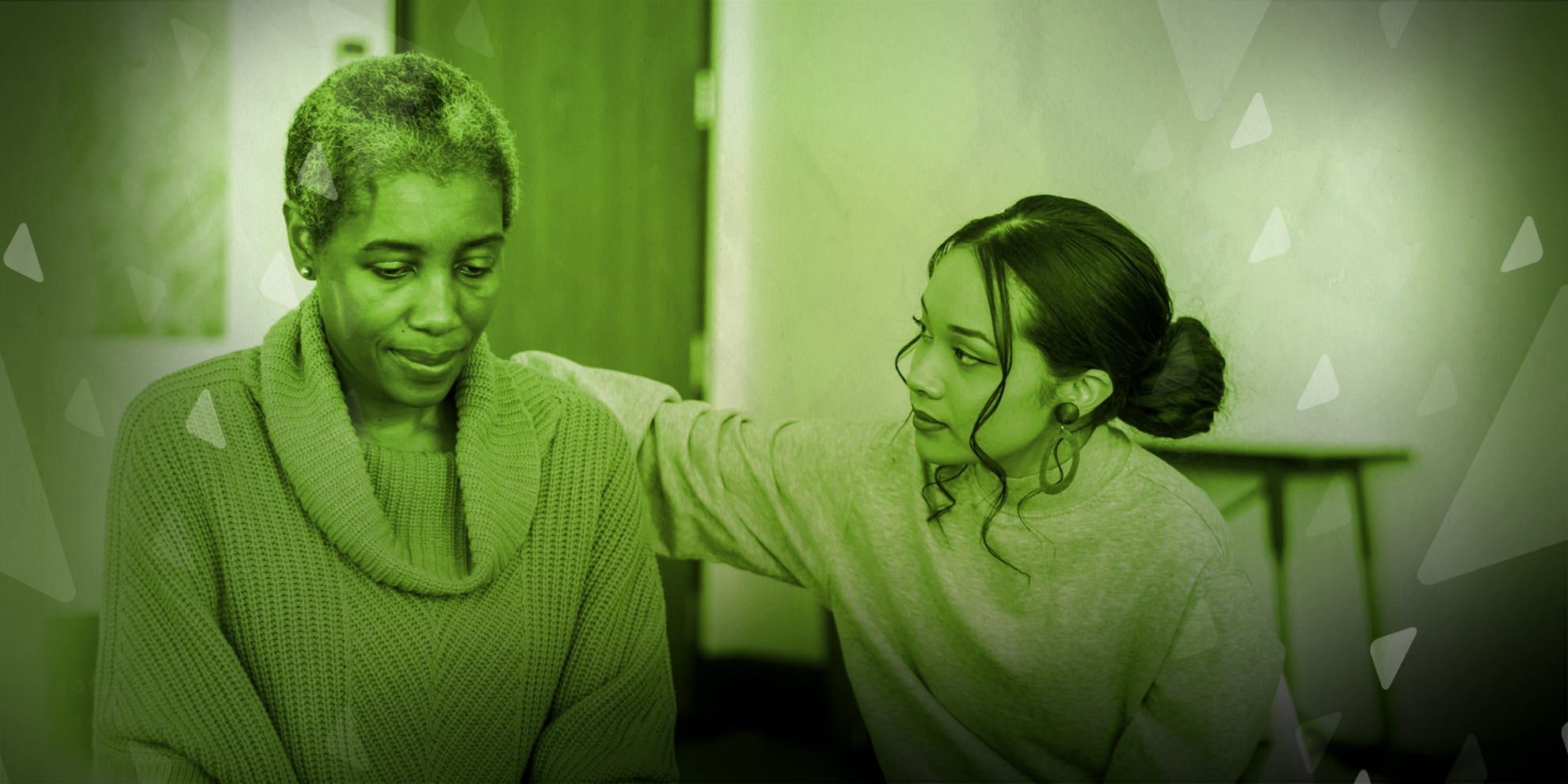Mental health struggles and suicidal thoughts can affect anyone, regardless of age, race, socioeconomic status or gender. The pressures and changes that come with adolescence can profoundly impact mental health and wellbeing.
But in times of distress, remember that you don't have to go through it alone. Look out for warning signs early on, like mood changes or isolation. If a friend reaches out to you, listen compassionately without judgment. Let them know help is available. Speaking with someone you trust, contacting a crisis helpline and making self-care a priority can make all the difference in getting through tough times.
Your life matters, and there is a network ready to provide support. Being a supportive friend could truly save a life. With the right tools and people by your side, you have the strength to overcome life's challenges.
Recognizing the Signs
Learning to identify symptoms of underlying mental health conditions in yourself and your peers is incredibly important. Keep an eye out for subtle changes like mood shifts, increased isolation or even hints of hopelessness. Spotting these issues early on can be a crucial step toward providing support.
Being There for Each Other
If someone you care about confides in you about having suicidal thoughts, it's essential to respond with compassion and without judgment. Your role as a friend or confidant can make all the difference. Let them know that help is available and encourage them to reach out. Sometimes, just being there to listen can be a lifeline.
Finding Help
For immediate help, you can reach out for 24/7 free confidential crisis support:
- Call the San Mateo County Crisis Line at 1-650-579-0350 or visit sanmateocrisis.org, opens a new window
- Text “BAY” to 741741
- National 988 Suicide and Crisis Lifeline: call or text 988
- Teen Text Line: 650-747-6463 and Chat sanmateocrisis.org, opens a new window available Monday-Thursday, 4:30-9:30 PM PST
If you or someone you know is experiencing a mental health emergency or is in a life-threatening situation, call or text 911 and say: “I’m calling/texting about a mental health emergency and request a CIT (Crisis Intervention Trained) Officer.” Visit smchealth.org/mh911 for more information about guidelines for contacting 911.
Building Resilience
Building mental resilience is a bit like working out a muscle; it requires time and practice. You can prioritize self-care through healthy habits, such as engaging in activities that bring you joy and surrounding yourself with understanding friends and family who offer support when you need it.
Reducing Stigma
Avoid stereotyping language and talk openly about mental health to normalize seeking help. Share your experiences if comfortable to show others they aren't alone. Advocate for mental health education and awareness in your community.
Learn More
Want to explore this topic further and learn actionable skills? Attend an upcoming "Be Sensitive, Be Brave" workshop, hosted in collaboration with the San Mateo County Department of Health. At these workshops, you and your peers will learn how to recognize mental health conditions, what to do when someone needs support, and tools for maintaining good mental health.
Upcoming dates:
- Monday, September 25, 2:00 to 4:00 PM at Belmont Library, opens a new window
- Wednesday, September 27, 6:00 to 8:00 PM at Atherton Library
- Thursday, September 28, 5:30 to 7:30 PM at Half Moon Bay Library
Explore Our Collection
For a deeper exploration into understanding suicide, its underlying causes, and effective ways to provide support, discover a selection of prevention-focused books and more in our collection:



Add a comment to: Be the Difference: Teens as Mental Health Champions